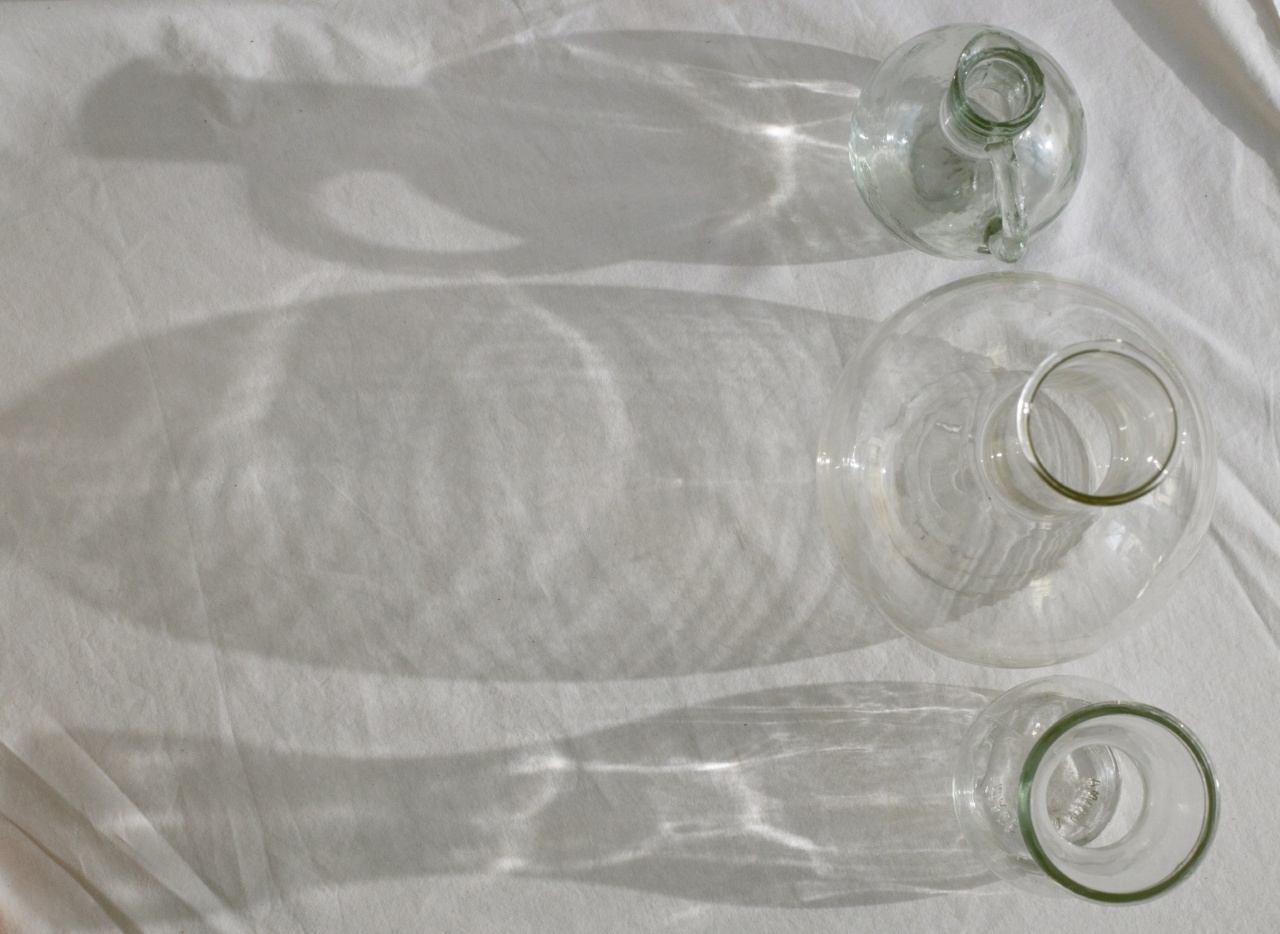It is a known fact that exposure to UV radiation from the sun can have harmful effects on our skin. This is why we are advised to use sunscreen when we spend time outdoors.
However, recent research has revealed that sunscreen itself may have harmful effects on our DNA.
How Sunscreen Works
Sunscreen works by absorbing or reflecting UV radiation. The active ingredients in sunscreen, such as oxybenzone and octinoxate, absorb UV radiation and convert it into heat, which is then released from the skin.
Other ingredients, such as zinc oxide and titanium oxide, reflect UV radiation away from the skin.
The Harmful Effects of Sunscreen on DNA
A study published in the journal Chemosphere found that certain chemicals in sunscreen can cause DNA damage when exposed to sunlight. The study looked at four common UV filters found in sunscreen: octocrylene, octinoxate, oxybenzone, and avobenzone.
The study found that when the chemicals were exposed to simulated sunlight, they produced harmful free radicals which caused damage to DNA. The damage was so severe that it could lead to mutations and potentially cancerous cells.
Acute Toxicity of Sunscreen Ingredients
The same study found that the UV filters in sunscreen can have acute toxicity effects when exposed to sunlight.
The researchers tested the toxicity of the four UV filters on sea urchin embryos, which are often used as a model organism for toxicity studies.
The results showed that all four UV filters caused developmental abnormalities in the embryos. This suggests that they may have harmful effects on other organisms as well.
Sunscreen and Coral Reefs
In addition to the potential harmful effects on DNA and other organisms, sunscreen can also have a devastating impact on coral reefs.
A study published in the journal Archives of Environmental Contamination and Toxicology found that oxybenzone, a common UV filter found in sunscreen, can cause coral bleaching and death.
Coral reefs are already under threat from climate change, pollution, and overfishing. The addition of sunscreen to the mix is a dangerous combination for these fragile ecosystems.
Alternatives to Sunscreen
Given the potential harmful effects of sunscreen on our DNA and the environment, it is important to consider alternatives. Some options include:.
- Covering up with clothing, hats, and sunglasses
- Seeking shade during peak sun hours
- Using natural oils, such as coconut oil or sesame oil, which have natural SPF properties
- Using mineral-based sunscreen with non-nano zinc oxide or titanium dioxide, which do not penetrate the skin
Conclusion
The research on the harmful effects of sunscreen on DNA is concerning. While the use of sunscreen is important to protect our skin from UV radiation, it is important to be aware of the potential risks associated with certain chemicals in sunscreen.
By considering alternative methods of sun protection, we can reduce our exposure to harmful chemicals and help protect the environment as well.





























